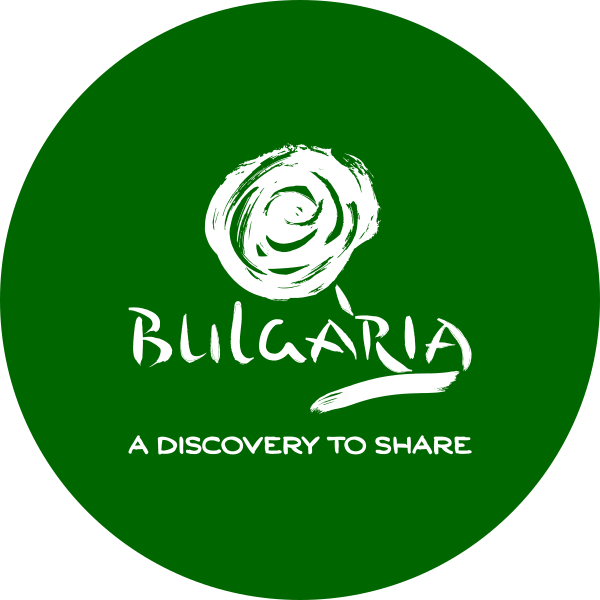European Union Strategy for the Danube Region
The Strategy promoting the development of the Danube region was presented on 8 December 2010 in the document COM (2010) 715/4 of the European Commission.
On 3 February 2011, in Budapest, the Commissioner for Regional Policy, Johannes Hahn, together with the Hungarian Foreign Minister Janos Martonyi, announced which countries and regions would coordinate the priority areas of intervention of the EU Strategy for the Danube Region. On 13 April 2011 the Member States supported the EU Strategy for the Danube Region at the General Affairs Council. The Presidency, and the Council of Europe adopted the strategy on 24 June 2011, which launched the implementation phase of the strategy.
The Danube region covers nine EU Member States (Germany, Austria, Hungary, Czech Republic, Slovakia, Slovenia, Croatia, Bulgaria and Romania) and 5 non-EU Member States (Serbia, Bosnia and Herzegovina, Montenegro, Ukraine and Moldova).
The region is facing a number of challenges:
- environmental threats (water pollution, floods, climate change);
- underused navigation potential and lack of road and rail transport links;
- insufficient energy connections;
- unbalanced socio-economic development;
- uncoordinated systems of education, research and innovation;
- shortcomings in the field of security;
The strategy is divided into 11 priority areas, supporting the four main pillars of the Strategy:
A) Connecting the Danube Region
1) To improve mobility and intermodality
2) To encourage more sustainable energy
3) To promote culture and tourism, people to people contacts
B) Protecting the environment in the Danube region
1) To restore and maintain the quality of waters
2) To manage environmental risks
3) To preserve biodiversity, landscapes and the quality of air and soils
C) Building prosperity in the Danube region
1) To develop the knowledge-based society through research, education and information technologies
2) To support the competitiveness of enterprises
3) To invest in people and skills
D) Strengthening the Danube Region
1) To step up institutional capacity and cooperation
2) To work together to promote security and tackle serious and organised crime
Priority Area 3: Promoting culture, tourism and the contact between people
The Danube region is attractive with its common history and traditions, culture and arts reflecting the diverse communities in the region, as well as its remarkable natural heritage. The Danube Delta is a cultural and natural World Heritage Site offering opportunities for sports and other types of entertainment. By applying a common and sustainable approach to improving and promoting these opportunities, the Danube Region should become a European and world “brand”.
Coordination of each priority area is the task of the Member States (together with countries or regions outside the EU, with the exception of the matters on which the EU takes decisions at the state level, such as security, serious and organised crime), and consulting with the Commission and the relevant EU agencies and regional organisations.
Priority Area Coordinators must demonstrate commitment to the entire region of the Danube; must have the expertise to ensure compliance (e.g. by agreeing on planning by defining objectives, indicators and timetables, and by ensuring contacts on a wide basis between project promoters, programmes and financial resources, providing technical assistance and advice).
The coordinators of Priority Area 3 are Bulgaria and Romania, and the European Commission is assisted by National Contact Points; in Bulgaria it is the Ministry of Regional Development and Public Works. In turn, the Ministry of Tourism is the leading institution in the field of coordination of the Strategy in partnership with Romania, while being the initiator of activities and projects implemented at the national and trans-national level.
For further information on the topic: https://www.danube-region.eu/






